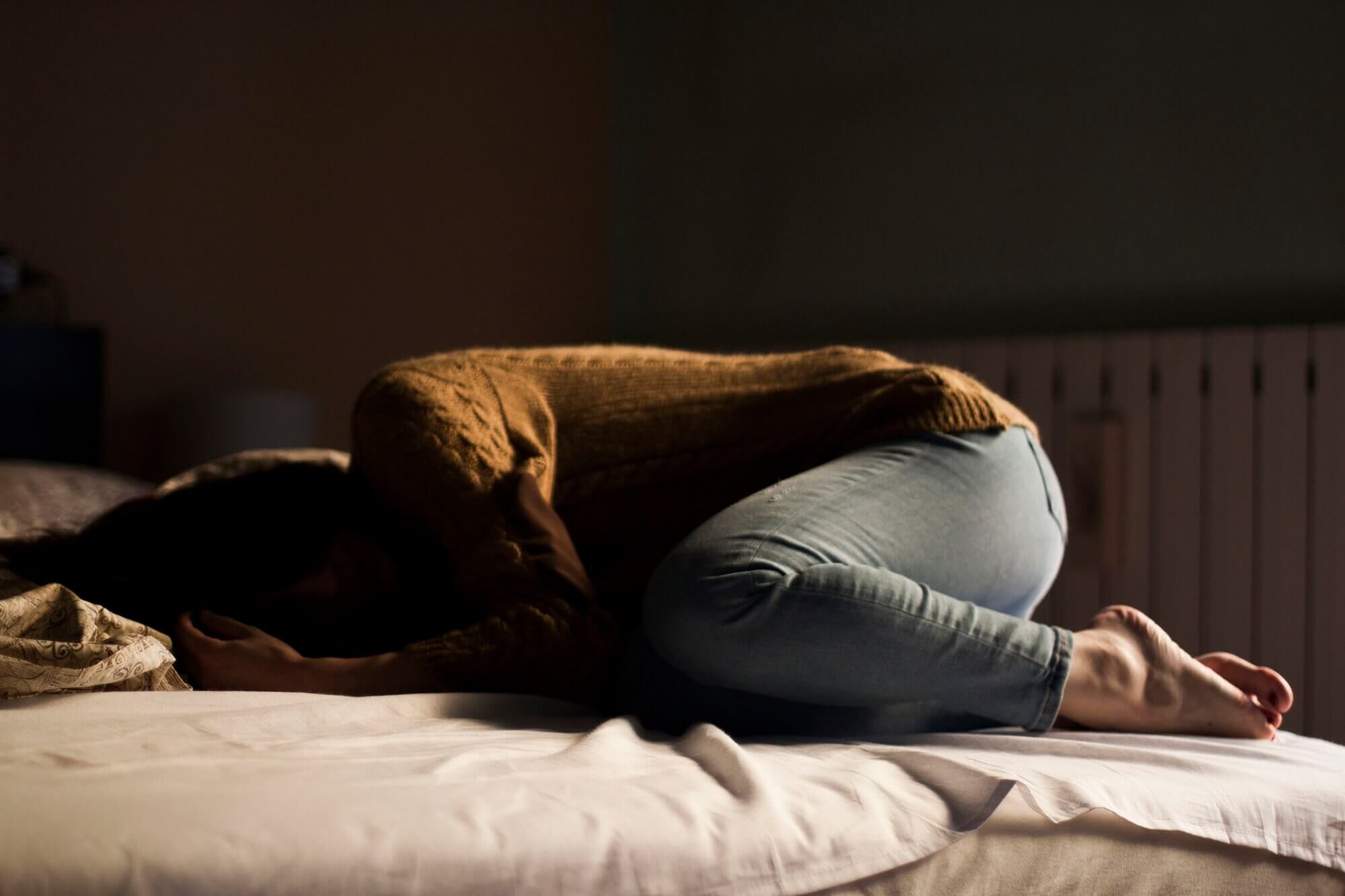Patients experiencing a major depressive episode (MDE) may experience reduced visual cortical contrast suppression while retinal brightness induction remains intact, according to a study published in the Journal of Psychiatry & Neurology.
The researchers assessed the visual perception of 111 patients recruited from Helsinki City psychiatric outpatient facilities with MDE (46 with unipolar MDD, 38 with bipolar disorder with a current MDE, and 27 with borderline personality disorder with a current MDE, all of whom scored at least 15 on the Montgomery-Åsberg Depression Rating Scale (MADRS) and 29 controls (health care services personnel from Helsinki) using 2 contrast tests.
In each trial of a brightness induction test, subjects chose which center patch of a pair of square stimuli appeared brighter when either a test patch on a darker background remained the same and the comparison patch on the lighter background changed or a test patch on a lighter background remained the same and the comparison patch of the darker background changed.
Continue Reading
In the contrast suppression test, subjects declared whether a test patch (with collinear or perpendicular background) or comparison patch (no background) appeared to be higher in contrast. Each “higher” and “lower” response decreased or increased, respectively, the contrast of the comparison patch by 3%.
The researchers discovered that contrast suppression was reduced in patients compared with controls (t35.2 = 2.902, P =.006, d =.663). The strength of the illusion was lower for patients than for controls, and patients saw the stimuli as more veridical than controls did. The groups differed significantly in the collinear condition (t131 = 2.80, P =.006), but not in the perpendicular condition.
The Bayes factor (BF) provided positive evidence for similar results in the brightness induction test (BF01=3.9) and strong evidence for difference in the contrast suppression test (BF10=35.2), further confirming that patients with MDE saw the brightness induction illusion similarly to controls but saw the contrast suppression illusion more veridically than controls.
There was no significant difference between diagnostic subgroups of patients.
When 74 patients replicated the contrast tests in a follow-up, about half of the patients were in remission from experiencing MDE. The researchers found that the correlation between MADRS score and change in brightness induction was r67 =.073, P =.556 while the correlation between MADRS score and change in contrast suppression was r73 =–0.156, P =.189, indicating that a decrease in depression symptoms was associated with an increase in contrast suppression.
Linear regression analysis indicated an association between the use of lamotrigine, valproate or pregabalin and increased brightness induction and decreased contrast suppression.
Sensitivity of the test was 79% and specificity was 45% when the cut-off point was the mean of the controls. Using an optimal cut-off point based on receiver operating characteristic analysis, the sensitivity was 50% and the specificity was 62%. The area under the curve was 0.66.
Limitations of the study included the fact that the researchers could only indirectly infer retinal and cortical processing and there were differences in the sample sizes.
“Combined with the findings of previous studies, it appears that MDEs involve changes at different levels in the visual processing hierarchy, from retina to cortex,” the study authors wrote. “From a practical point of view, visual contrast tests are a rapid, simple and noninvasive method that could be further developed to serve as biomarkers for the abnormal processing of visual information in depression.”
References
Salmela V, Socada L, Söderholm J, et al. Reduced visual contrast suppression during major depressive episodes. J Psychiatry Neurosci. 2021;46(2):E222-E231. doi: 10.1503/jpn.200091

